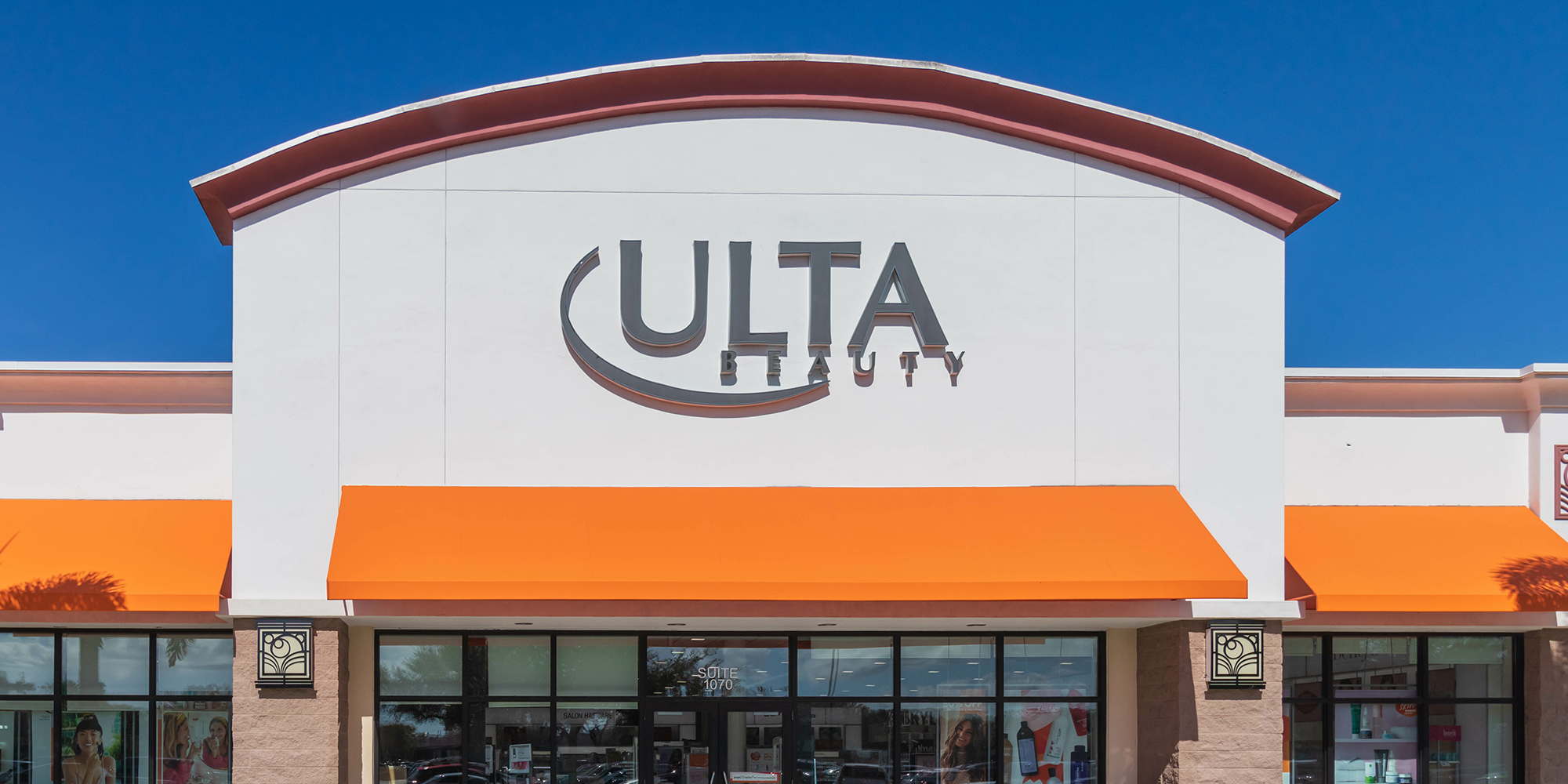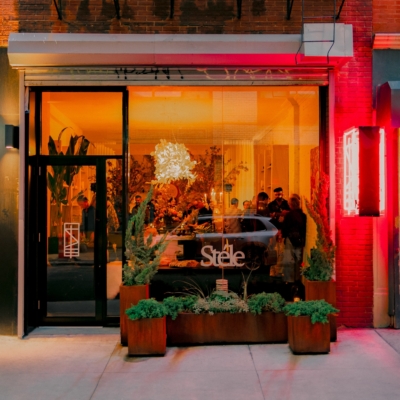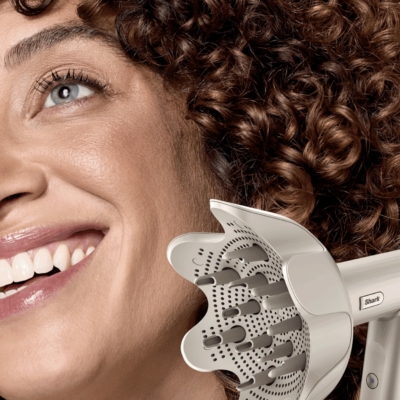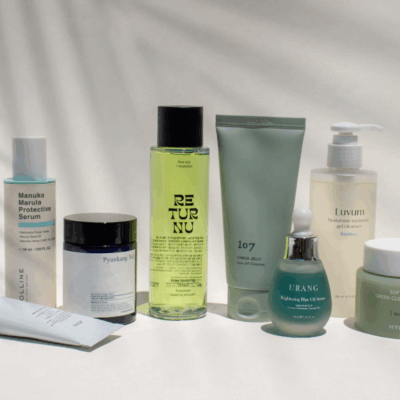
Beauty Retailers Ulta Beauty, Sephora And Sally Beauty Reaffirm Commitments To DEI
As Target, Walmart and Amazon pull back from diversity, equity and inclusion programs, Ulta Beauty, Sephora and Sally Beauty have reaffirmed commitments to them.
The beauty retailers embarked on several efforts following the murder of George Floyd in May 2020 and the subsequent Black Lives Matter protests to open up opportunities for minority-founded brands and signal to their millions of customers, who come from all walks of life, that their assortments and environments welcome them. Their efforts were perceived as good business in a country on track to be majority minority by the 2040s, although other retailers’ recent retreats from DEI show that many no longer have that perception as DEI is under attack by President Donald Trump and his supporters.
“The companies that stay the course are the ones that see inclusivity as a business necessity, not a charitable effort,” says Tomi Talabi, founder of The Black Beauty Club, an online community striving to increase the representation of Black-owned beauty brands. “The real test will be whether these companies sustain their commitments beyond marketing and performative gestures, ensuring that inclusivity is woven into their long-term strategy, leadership and supply chain.”
For Ulta, DEI is understood as a business imperative by current management. In a statement to Beauty Independent, CEO and president Kecia Steelman says, “Supporting diversity, equity and inclusion is essential to our business because we serve a broad and diverse community of beauty enthusiasts. Our goal is to meet the unique beauty needs of every individual while creating a space where everyone feels welcomed, valued and comfortable shopping. It’s equally important for our associates as fostering an inclusive culture is a core priority for our company, one that empowers our teams, reflects our values and strengthens our connection to the communities we serve, which ultimately drives our business forward.”
In 2021 and 2022, Ulta put $25 million and $50 million, respectively, into DEI programs. It signed on to the nonprofit Fifteen Percent Pledge’s pledge to dedicate 15% of shelf space to Black-owned, -founded and -led brands, promised to double the number of such brands, made investments in multicultural media platforms and launched MUSE Accelerator, which offers beauty brand founders from unrepresented groups a 10-week curriculum on retail readiness and growth strategies. New to MUSE last year, Ulta teamed up with Fifteen Percent Pledge to award $10,000 to one of its participants.
Sephora preceded Ulta in signing on to the Fifteen Percent Pledge, and its accelerator program for emerging brands, Sephora Accelerate, pivoted to focusing on brands from BIPOC founders after Floyd’s killing. On Saturday at the Fifteen Percent Pledge’s gala, which presented a $100,000 Sephora Beauty grant to Sienna Naturals co-founders Hannah Diop and actress Issa Rae, Artemis Patrick, CEO and president of Sephora North America, shared 33 brands have graduated from Sephora Accelerate, and Sephora has more than tripled the number of Black-owned brands it offers in its stores and online.
Two days ago, Fifteen Percent Pledge posted a quote from Patrick on its Instagram account that reads, “We remain steadfast in our belief that when diversity is alive and celebrated, we all thrive.”
On Wednesday last week, Sally Beauty announced it’s continuing with Rooted in Success, an initiative to amplify the voices of leaders in the textured haircare category. This year, in celebration of Black History Month and Women’s History Month, the retailer is teaming up with Impressions of Beauty, a multicultural marketing company throwing events at historically Black colleges and universities, on an initiative called the Black Girls Matter Meetups Tour involving nine HBCUs. Students at them can attend events and shop from brands, including The Doux, Carol’s Daughter and Camille Rose Naturals.
“We are always looking for new ways to build community through experiential events within our Rooted in Success platform,” says John Goss, president of Sally Beauty, in a press statement. “With Impressions of Beauty’s proven track record reaching over 5 million students to date, this partnership allows us to amplify voices within the textured hair community and engage HBCU students.”
Sally Beauty, Ulta and Sephora join Costco in rebuffing calls to undo DEI initiatives. The New York Times reports that Costco’s board has argued DEI initiatives reward shareholders and “enhance our capacity to attract and retain employees who will help our business succeed.” The membership warehouse company’s DEI efforts predate Floyd’s death, and it hired its first chief diversity officer as early as 2004.
Along with Costco, E.l.f. Beauty has made headlines for sticking with DEI. CEO Tarang Amin told CNN, “Our mission is to make the best of beauty accessible to every eye, lip and face. One of the best ways we know how to live that mission is to have an employee base that reflects the community that we serve.” He divulged E.l.f’s employees are over 44% diverse and that it’s “one of only two public companies in the U.S.” with a board that’s 44% diverse and contains 78% women.
“The companies that stay the course are the ones that see inclusivity as a business necessity, not a charitable effort”
Prior to Trump’s inauguration, the beauty industry encountered opposition to DEI in 2023 when American Alliance for Equal Rights, an organization founded by Edward Blum, the activist behind the case at the United States Supreme Court that ended race-conscious admissions in universities, filed a lawsuit against a grant program from venture capital firm Fearless Fund that funneled money to companies created by and for women of color. Beauty brands were recipients of grants from the program, which has been shut down, and Fearless Fund has beauty brands like Bread, Brown Girl Jane, Hairbrella, Live Tinted and The Lip Bar in its portfolio.
Grant programs directed at BIPOC beauty entrepreneurs from Glossier, Black Ambition and Sephora have persisted despite the suit against Fearless Fund’s grant program. In February 2024, Briogeo founder Nancy Twine launched The Dream Makers Founder Grant to provide early-stage funding to underrepresented female founders of consumer packaged goods companies. This year, The Dream Makers Founder Grant has partnered with Sephora to supply capital to members of the Sephora Accelerate cohort.
In an interview with Beauty Independent last year, Twine said, “The progress that we’ve seen in this country has only happened because of those who have been willing to support and dedicate resources to help lift up people who have historically and continue to be marginalized. So, if we stop that progress, we not only stop the progress of those marginalized groups, but we stop the progress of America.”




